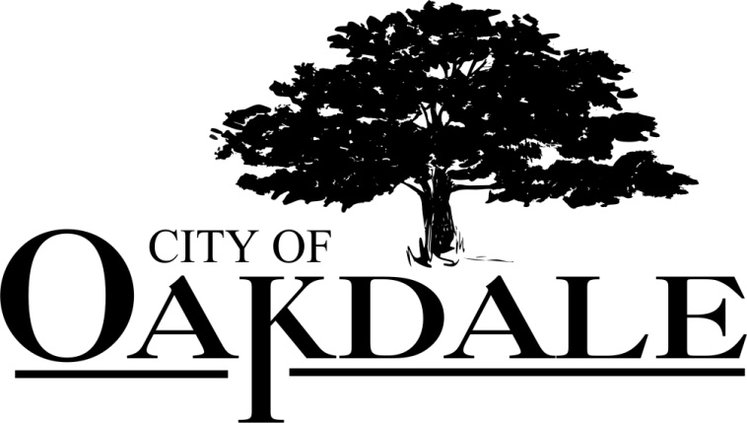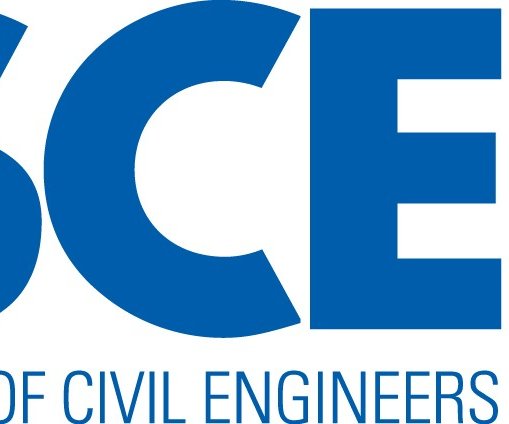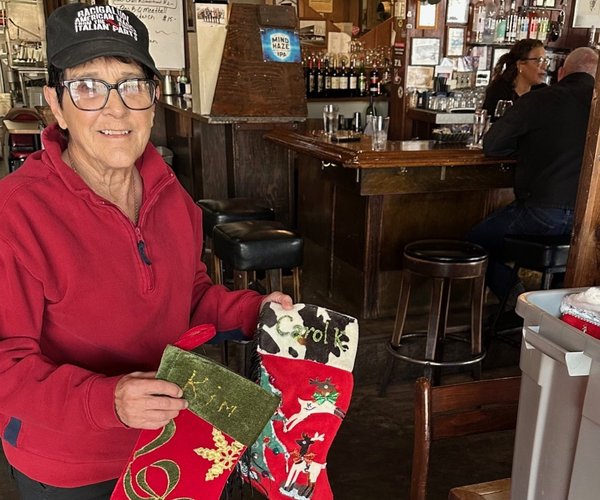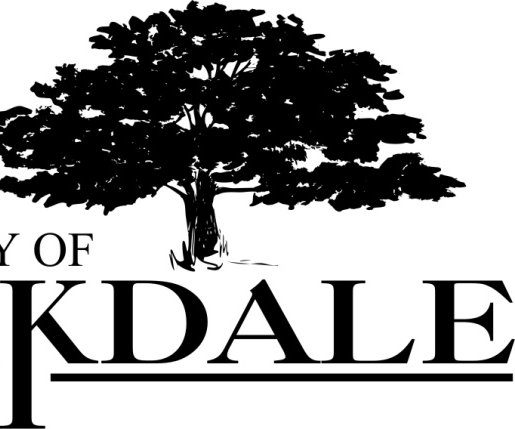For those struggling to pay their water bill every month, the implementation of Senate Bill 998 may come as much-needed assistance but for the municipalities forced to adhere to the non-funded mandate, it’s a headache at best and a potential black hole of lost revenue at worst.
According to documentation presented at the Monday night Oakdale City Council meeting, Feb. 3, the California Legislature enacted Senate Bill 998 in 2018, which requires water service providers to comply with new consumer protections by Feb. 1, 2020.
The California Health and Safety Code requires water service providers to follow certain procedures before discontinuing water service to residential customers for nonpayment. SB 998 amended the Health and Safety Code by expanding existing consumer protections. The Legislature found that water rates had been increasing and that many residents were losing water service due to the inability to pay. SB 998 purports to give delinquent residential users more time and options before losing water service.
In the past, Oakdale city residents were given 21 days to pay their water bill. If the bill wasn’t paid, the water was shut off and the city did not offer a payment plan to help the resident become current. The process was cut and dry: no money, no water.
Thanks to SB 998, that’s all going to change.
Now, payment plans are mandatory and the city cannot turn off the water until certain criteria, which include the following are met:
An increase of the number of days from the bill due date to shut-off from 21 to 84 days;
An increase of the number of delinquent utility bills from one to three before the shut-off;
Notification either by phone call or a door hanger seven days before shut off.
As Albert Avila, City of Oakdale Finance Director, stated, “It’s a good idea but the implementation will be difficult” as the finance department hasn’t seen an increase in staff since the 1980s and chasing after delinquent accounts will strain an already stretched-thin department.
The city will also hire a collection agency to go after delinquent accounts following termination of service for those who’ve reneged on their bill, which will take 35 percent of any recovered balance amounts, but Avila admits the long-term ramifications of continued lost revenue will eventually necessitate water bill increases to offset the loss.
How much of an increase is anyone’s guess until it’s determined how much of a financial hit the city must absorb.
Also, the city will start implementing a new payment schedule for new water hook-ups for rental applicants, which will take into account their previous payment history. The payment tier will not be based upon the applicant’s credit rating but rather their delinquency rating. A high delinquency score will require up to a $300 new hook up fee, payable in $25 increments added to their monthly bill, following an initial, upfront $75 payment.
After two years, if the resident has paid on time, the deposit will be applied to their bill.
This will not affect homeowners, only rental applicants, and landlords will not be responsible for tenant delinquencies.
Currently, the city sends out 7,500 water bills, which include 1,500 late notices. Of those, approximately 50 customers per month have their water shut off.
Avila said while the delinquent accounts represent between 2 to 3 percent of the city’s accounts, the time required to chase after the lost revenue will be significant.
Avila added, the new mandate will also have another unintended consequence as residents who are 84 days delinquent will struggle to pay an accumulated balance.
“The state of California has very large surpluses,” Avila said. “If they were looking at helping some of those low-income individuals, they could’ve provided some grants to help get them caught up … this is really only going to make it worse.”
The City of Riverbank may have an even bigger headache with this new mandate as they bill residents every other month, which will create the potential for even bigger accumulated balances.
Oakdale’s proposed new payment structure is similar to neighboring cities, Avila said and city attorney, Tom Hallinan echoed.
Oakdale City Manager, Bryan Whitemyer expressed his frustration saying, the new mandate will wipe out the city’s advances in water system efficiency and cost-saving measures.
“What this means for us is over the last two to 15 years the city has worked really hard to make its water system more efficient with automated reading. Before we had people walking through town, lifting up the meter boxes. What this does is basically erase all that progress because all the savings that we used to have are now going to have to be invested in additional staff.”
While the Center for Human Resources has for the past four years received a Community Development Block Grant for crisis funding, the maximum amount per fiscal year, per family (with a cap of twice in a lifetime) for utility assistance is $300 and requires a buy-in from the applicant.
The average utility assistance is approximately $200.
According to Tamberly Stone, Program Manager for Center for Human Services, Oakdale Family Resource and Counseling, they spend the entire $20,000 grant each fiscal year helping families and individuals in need of assistance, which can range from utility assistance to food.
Stone said as of Dec. 31, the organization had already helped 75 percent of the usual 250 families and 650 individuals who apply. Of those numbers, 11 families sought utility assistance, which had most likely been used for water.
“The goal of our program is to return them to equal ground,” Stone said, adding that grant recipients must be able to end with a zero balance to receive assistance. For example, if an applicant has a $600 utility bill and the maximum grant allotment is $300, the applicant must be able to come up with the remaining $300 to bring the account current to qualify.
Currently, Stone is waiting to hear if they qualified for a grant increase from $20,000 to $25,000 for crisis funding, which should be announced sometime in March.
For more information on how to apply for crisis funding through the Center For Human Services, Oakdale Family Resource and Counseling, call 209-847-0420.





